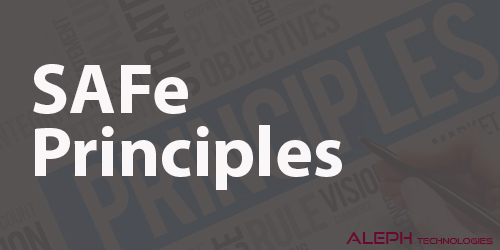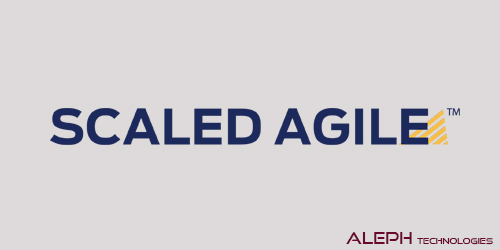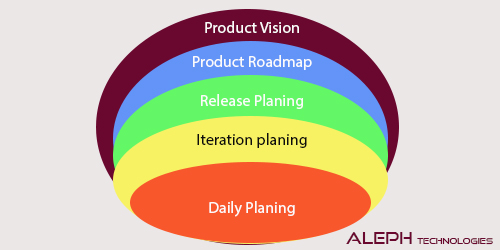Are Agile Methodologies Truly Agile? Debunking the Myth
According to the Agile Practice Guide, a collaborative effort by PMI and the Agile Alliance® published in September 2017, "agile" represents a collaborative approach to problem-solving for exploratory work guided by values and principles outlined in the Agile Manifesto. The agile mindset shapes individual behavior, attitudes, and actions aligned with the Agile Manifesto's values and principles. 🔄💼
For instance, self-directed teams embody core values such as:
- Passion for the work
- Individual accountability for output
- Collective responsibility for team performance
Practices and strategies that foster or support these values and their embedded practices align with an agile mindset. 🚀🌱
Differentiating Methodologies and Frameworks
Numerous methodologies align with the values and principles of the Agile Manifesto. Some of these methodologies, like Scrum, are frameworks. A framework is a documented set of practices, methods, approaches, and rules designed to be used repeatedly and consistently to manage specific types of work. It provides a structured approach to tasks and activities, allowing practitioners to gain expertise in applying the practices effectively and continuously improving beyond previous applications. 📚💡
Scrum, for example, includes prescriptive elements consistent with a framework, including:
- Specific roles such as a Scrum Master and Product Owner.
- Defined events such as sprints and reviews.
- Tangible artifacts such as backlogs.
- Clear guidelines such as time-boxing for development activities and incremental product releases. 📋🔄
Tailoring Processes for Flexibility
On the contrary, the PMBOK® Guide is not a methodology but a guide that doesn't prescribe specific practices or systems for all project work. Instead, it outlines how professionals can apply approaches from 10 key knowledge areas to five interactive project processes, proven successful across various projects and industries. 📖🔍
For example, the Integration Management Knowledge Area suggests commonly used approaches for project planning but doesn't mandate those specific approaches. It serves as a guide to help professionals tailor the approach to each project's unique characteristics. 🛠️🔄
Enhancing Performance and Success
The key to effective methodology usage isn't rigid application but learning from its application to improve team performance and project success. In Scrum, reviews enable teams to learn and adapt continuously, leading to improved performance. Other methodologies may require in-depth workshops at project completion to assess overall performance and opportunities for improvement. 📊📈
Ultimately, the focus should be on learning and adapting based on these methodologies to support teams in delivering stronger results for clients and organizations. 🎯💪





Please login to check comments